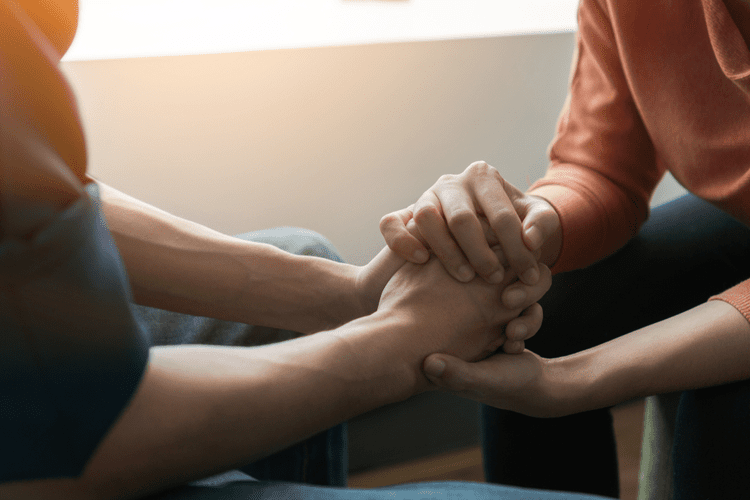Content
This patient reportedly experienced symptoms following consumption of 500 mg of griseofulvin and a single can of beer. Linezolid is a weak, nonspecific inhibitor of monoamine oxidase (MAO) enzymes (81). Studies have shown positive pressor responses in comparison with placebo with tyramine administration (81, 82). One patient developed heart block after taking linezolid and 7 mg of tyramine (81, 82). The pressor responses to an oral tyramine challenge were compared in subjects receiving linezolid or placebo (81).
What happens if you drink on antibiotics?
Consuming alcohol while taking these drugs can result in severe fatigue, a throbbing headache, dizziness, anxiety, chest pain, and heart palpitations. Alcohol can also worsen digestive side effects and turn into blood or mucus in stool, severe diarrhea, intense stomach cramping or pain, fever, uncontrollable vomiting.
Also, the number of doses you take each day, the time allowed between doses, and the length of time you take the medicine depend on the medical problem for which you are using the medicine. The dose of this medicine will be different for different patients. Follow your doctor’s orders or the directions on the label. The following information includes only the average doses of this medicine. If your dose is different, do not change it unless your doctor tells you to do so. This medicine works best when there is a constant amount in the blood.
What may interact with this medication?
There are several antibiotics that people should not mix alcohol with. Not only can they interfere with the way the antibiotics work, but they can also cause a number of harmful side effects. Metronidazole is a nitroimidazole antibiotic that doctors prescribe to treat abdominal infections, sexually transmitted infections, and other anaerobic bacteria-related infections. In 2018, the Food and Drug Administration (FDA) published updated safety warnings on all fluoroquinolone antibiotics. This section considers the recommendations and possible side effects of consuming alcohol with different antibiotics.
Your dosage will depend on the bacteria causing the infection. Below is a list of medications that can interact with levofloxacin. This list does not contain all drugs that may interact with levofloxacin. The problems that you or your loved one are having with your alcohol use disorder may be exacerbated by a mental health https://stylevanity.com/2023/07/top-5-questions-to-ask-yourself-when-choosing-sober-house.html disorder. For example, 20.3 million adults have been diagnosed with substance use disorders, and 37.9% of this population have also been diagnosed with a mental health disorder. In contrast, of the 42.1 million adults diagnosed with a mental health disorder, 18.2% were also diagnosed with substance use disorders.
Which antibiotics should people not drink alcohol with?
You may also take your multivitamin four to six hours after you take levofloxacin. Do not take other medicines unless they have been discussed with your doctor. This includes prescription or nonprescription (over-the-counter [OTC]) medicines and herbal or vitamin supplements. Tell your doctor right away if you or your child start having numbness, tingling, or burning pain in the hands, arms, legs, or feet. These may be symptoms of a condition called peripheral neuropathy.

Rifamycins may cause hepatotoxicity; however, this does not preclude use with alcohol without preexisting LFT elevations when appropriate monitoring can be performed. To our knowledge, there are no data available on the PK/PD or efficacy of rifamycins. To our knowledge, there are no data available on the PK/PD or efficacy of griseofulvin. To our knowledge, there are no data available on the PK/PD or efficacy of azoles.
Does cephalexin interact with alcohol?
In some cases, such people might need an increased dose of their antibiotic. Alcohol then not only slows the healing process and recovery time, but additionally puts an individual at increased risk of developing another infection. Alcohol should be avoided while taking antibiotics due to the harmful interactions that can occur, as well as the negative effects that alcohol has on the immune system. Levofloxacin oral tablet can interact with several other medications. For instance, some can interfere with how well a drug works, while others can cause increased side effects.
This drug may make your muscle weakness worse if you have myasthenia gravis. You shouldn’t take this drug if you have a history of this condition. If you have a severe reaction from the sun, check with your doctor. It is very important that your doctor check your or your child’s progress at regular visits to make sure the medicine is working properly and to decide if you should continue to take it. Blood and urine tests may be needed to check for unwanted effects.
What if I miss a dose?
In fact, one of the most frequently asked questions that doctors get regarding prescription antibiotics is, “is it safe to drink on these? ” The short answer is no – alcohol directly inhibits the effectiveness of antibiotics and can additionally cause a wide range of negative side effects. Some drugs may produce allergic reactions, including itching, rashes, fever, watery eyes, and swelling. Anaphylaxis, an extremely dangerous condition, causes low blood pressure and other symptoms. They may show up as a headache, nausea, vomiting or rapid heartbeat.
- Mixing alcohol with certain antibiotics can also damage vital organs, including the liver.
- If you are concerned about any possible negative interactions with your prescription, speak with your medical provider or pharmacist.
- These may be symptoms of a condition called peripheral neuropathy.
- The antibiotics you take can achieve the effect you need by traveling through your bloodstream to the site of the infection.
- Alcohol can disrupt the absorption of nutrients in the gut due to its effects on the liver, pancreas, and stomach lining.
- If you notice other effects not listed above, contact your doctor or pharmacist.
Caffeine coffee, cola drinks, tea Levofloxacin can increase the effect of caffeine. Corticosteroids cortisone, hydrocortisone, prednisone Levofloxacin may increase muscle or calf pain. By Lauren Panoff, MPH, RD
Lauren Panoff, MPH, RD, is a plant-based dietitian, writer, and speaker who specializes in helping people bring more plants to their plate.
